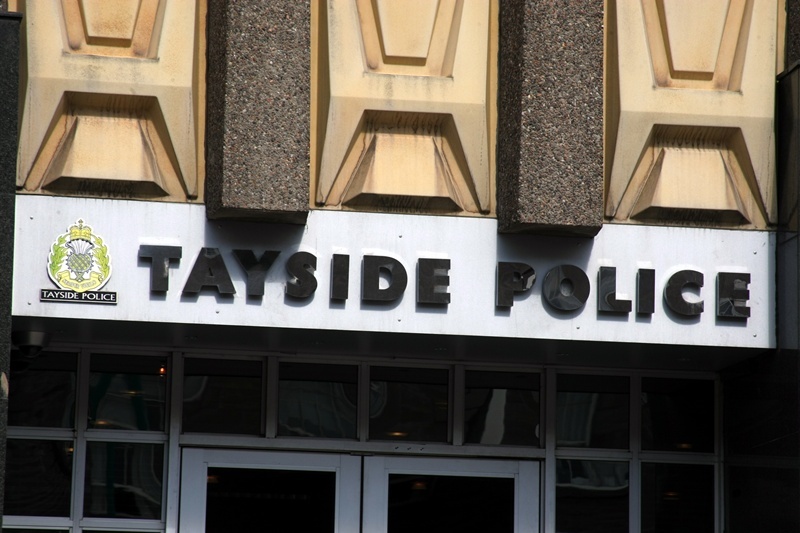Absence rates among Tayside Police officers and civilian staff have fallen, but retirals due to ill health cost more than half a million pounds in a year.
These are among findings of a report by Chief Constable Justine Curran to be considered by the joint police board’s personnel sub-committee today.
In the report she states, “The management and maximising of attendance continues to be a priority for the force with all staff aware of their personal responsibility and line managers taking steps to promote good attendance.”
Her report, which covers the 2009/10 financial year, says officers logged 1206 periods of absence, with 10,335 working days lost. That is 225 days fewer than the previous year and better than the target.
Among civilian staff there were 614 periods of absence amounting to 6220 working days, 437 days fewer than the previous year and better than target.
Ms Curran said the improvement for civilian staff was “particularly pleasing” and overall the force had recorded its best attendance rate of the past decade.
Officers had lost 4.2% of working days and civilian staff 4.6%, compared to 6.8% for both categories back in 2000/01.
The report says more than four in five absences are due to minor illnesses, such as colds and flu or viral infections.
This was something that would have to be addressed in future because of its impact on “efficient and effective policing.”
Some absences are, however, more serious and of much longer duration.
One Central Division officer has been absent for more 450 working days due to post traumatic stress disorder. Another three totalled 473 days off during 2009/10 due to physical injuries.
Western Division also had an officer off due to PTSD and another 13 suffering musculoskeletal injuries, but there was a big drop in working days lost in Eastern Division.
The force has revised its attendance policies and these will be discussed with officers’ representatives on the joint negotiating committee next month.
Ms Curran adds that seven officers retired due to ill health in 2009/10, at a cost of £524,000. An additional £106,000 was paid to retired officers due to changes in pension regulations, but this was funded by the Scottish Government.
